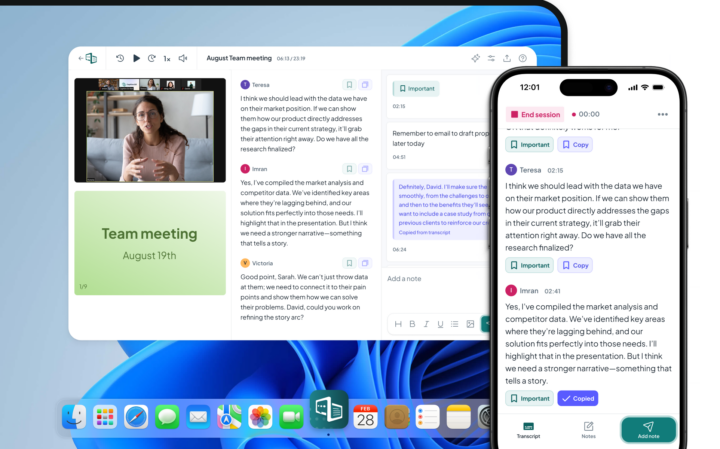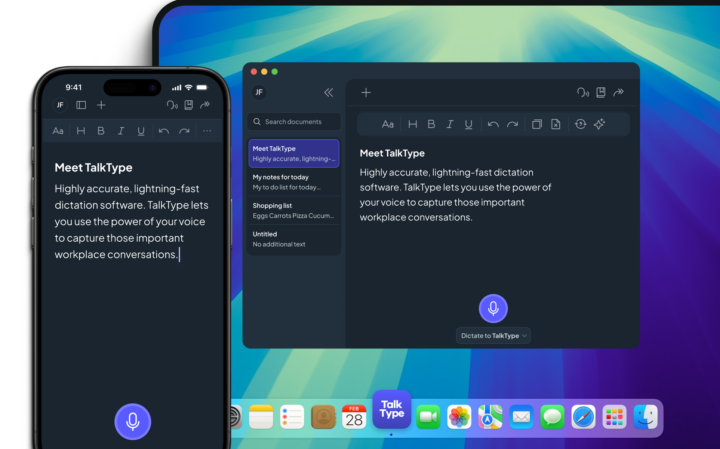1. Find the Right Space
Start by allocating space to study in your home. And make sure you stick to it.
Try to ensure there are no distractions around you. And if you can, remove any distractions or time-eating temptations.
Studies show we forget 70% of the new information we learn by the next day. So once you’ve found your spot to study, focus on spacing out your learning over a longer period of time. This way, you’ll be more likely to retain information in the long run.
2. Take Advantage of Micro-Productivity
Facing a long list of ‘to-dos’ can feel overwhelming.
Instead, use micro productivity hacks to break tasks down into shorter spaces of time.
Want to Know More About Our Products?
Learn More
In essence, micro productivity helps you get more done. As explained by a senior researcher at Microsoft Research, Dr Shamsi Iqbal has a podcast recording to help you understand how you can use this helpful method.
3. Don’t Do It All on Your Own
Most of us need to connect with others on a regular basis.
But when you’re studying at home and unable to interact with others as you would, you’ll need to make the effort to connect with your peers or professors online.
This could mean joining a society or Facebook group on a topic relevant to your subject area.
Or, even better, finding someone on your course to buddy up with. Because when you work together, you increase the chance of improving each other’s motivation and potential to learn.
4. Take Regular Screen Breaks
Recent studies reveal that ‘Zoom fatigue’ is a real thing for employees who work from home.
Both Stanford Virtual Human Interaction Lab and London South Bank University (LSBU) have measured a significant increase in levels of exhaustion from interactions over Zoom meeting rooms.
So, when you’re studying at home, do lean into online learning and make the effort to engage with your peers. But be aware that the more time you spend meeting others online, the more time you’ll need to rest and recover.
5. Eat Well, Sleep Well and Build in Physical Activity
It is well known that getting enough sleep, eating the right foods and ensuring you’re getting at least 30 minutes of daily exercise will increase your brain’s ability to retain information.
But more recent studies have suggested that ‘wakeful rest’ could also bring benefits to your day. By taking regular breaks of 5 to 20 minutes for reflective thought, wakeful rest could be the key to maintaining physical and mental health during home study.
So why not use some of that time when you’re not busy doing to be busy thinking?
In the end, successful home learning comes down to finding out what works for you. Before you do, we recommend following these 5 rules to see how much difference they could make to your days.
CareScribe Offers Assistive Technology for Neurodivergent Students
Assistive technology can be used to support and enhance communication for people at workplaces and universities. CareScribe is at the forefront of assistive technology and our products address a wide range of needs.
Featuring a set of custom dictionaries with live captioning and note-taking functions, Caption.Ed can add captions instantly to your meetings, lectures or seminars, either in-person or online. You can also add timestamped notes, synced to your transcript, and highlight key information so you never miss out on the important stuff.
TalkType is highly accurate dictation software built for Windows, Mac, and mobile devices. Dictation software like TalkType can transform the way you work and study. As well as boosting productivity and efficiency, dictation software can provide autonomy to anyone who cannot type using traditional keyboards.
Caption.Ed and TalkType are dynamic AT tools that are transforming outcomes across many workplaces and universities.



